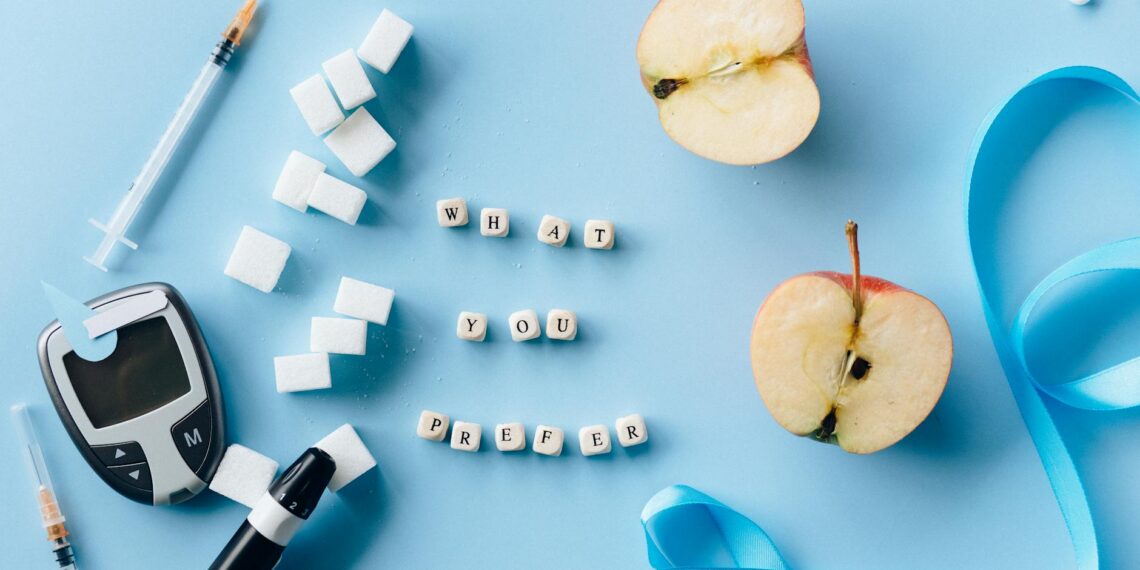Eating a coin, while usually not immediately life-threatening, can lead to various complications depending on the size and type of coin, the individual’s age and health, and where it gets lodged.
Here’s a breakdown of what can happen:
- Initial Danger: The most immediate and serious risk is if the coin lodges in the airway (windpipe) instead of the esophagus (food pipe).
- Symptoms: Choking, coughing, difficulty breathing, gagging, turning blue, or being unable to speak, cough, or cry are signs of airway obstruction.
- Action: If choking occurs, immediately perform age-appropriate first aid (like the Heimlich maneuver) and call 911.
- Most Common Location: If the coin passes into the esophagus, it’s often the most common place it can get stuck.
- Symptoms: Difficulty swallowing, drooling, chest pain, a feeling of something being stuck, and refusal to eat or drink can be experienced.
- Action: Seek medical attention immediately for an evaluation and potentially an X-ray to locate the coin.
- Removal: Depending on the coin’s location and whether it’s causing symptoms, removal using endoscopy might be necessary.
- Good News: In the vast majority of cases, once the coin reaches the stomach, it will likely pass through the rest of the digestive system and exit naturally through stool.
- Symptoms: Even if the coin reaches the stomach, watch for symptoms like abdominal pain, vomiting, or blood in the stool, which could indicate a problem.
- Monitoring: Doctors might recommend monitoring the stool for a few days to a week to ensure the coin passes.
- Intestinal Obstruction: A coin, especially a larger one, might get stuck in a narrow part of the intestines, causing a blockage, which would require immediate medical attention.
- Perforation: In rare cases, the coin can cause a tear or hole in the digestive tract, leading to serious complications like bleeding, pain, fever, and vomiting.
- Toxicity: If the coin, particularly a penny minted after 1982 (primarily made of zinc), remains in the stomach for an extended period, it can potentially lead to zinc poisoning, [according to ScienceDaily] . Zinc toxicity can cause stomach upset and, in severe cases, damage to organs.
- Don’t Panic: Stay calm but act quickly, especially if the person is choking or showing signs of distress.
- Do Not Induce Vomiting or Give Laxatives: Never try to force the coin back up or induce vomiting, as this could worsen the situation.
- Seek Medical Advice: It’s always best to consult with a doctor, even if the person seems fine, to ensure the coin’s location and assess for any potential risks.
In summary: While most swallowed coins pass without serious issues, it’s crucial to be aware of the potential dangers and seek medical help if any concerning symptoms arise.











Does coin dissolve in the stomach?
If it was another object that is not sharp or pointed, such as a coin or small plastic toy (such as a Lego® piece), it is very likely that the object will pass through the stomach, through the intestines, and then out with a bowel movement. It may take as long as a week for it to pass, even longer.
Should I take my child to the ER if they swallowed a coin?
I can help with that. If your child has worrying symptoms, take them to the hospital emergency department. Objects that become stuck in the oesophagus, stomach or intestines may need to be removed.
How long does it take for a swallowed coin to come out?
Good point! Self-care. Most swallowed objects are harmless and will pass through the digestive system without causing any harm. Studies suggest that it takes about 3 to 5 days for the object to pass out into the stool (poo).
How long does it take for a coin to pass?
From my experience, Small, disc-shaped batteries, coins, blunt and benign objects: If such objects can be passed naturally, they usually exit the body within 1–2 weeks without any complications. The likelihood of tearing to the intestinal walls or other complications is less than 1%.